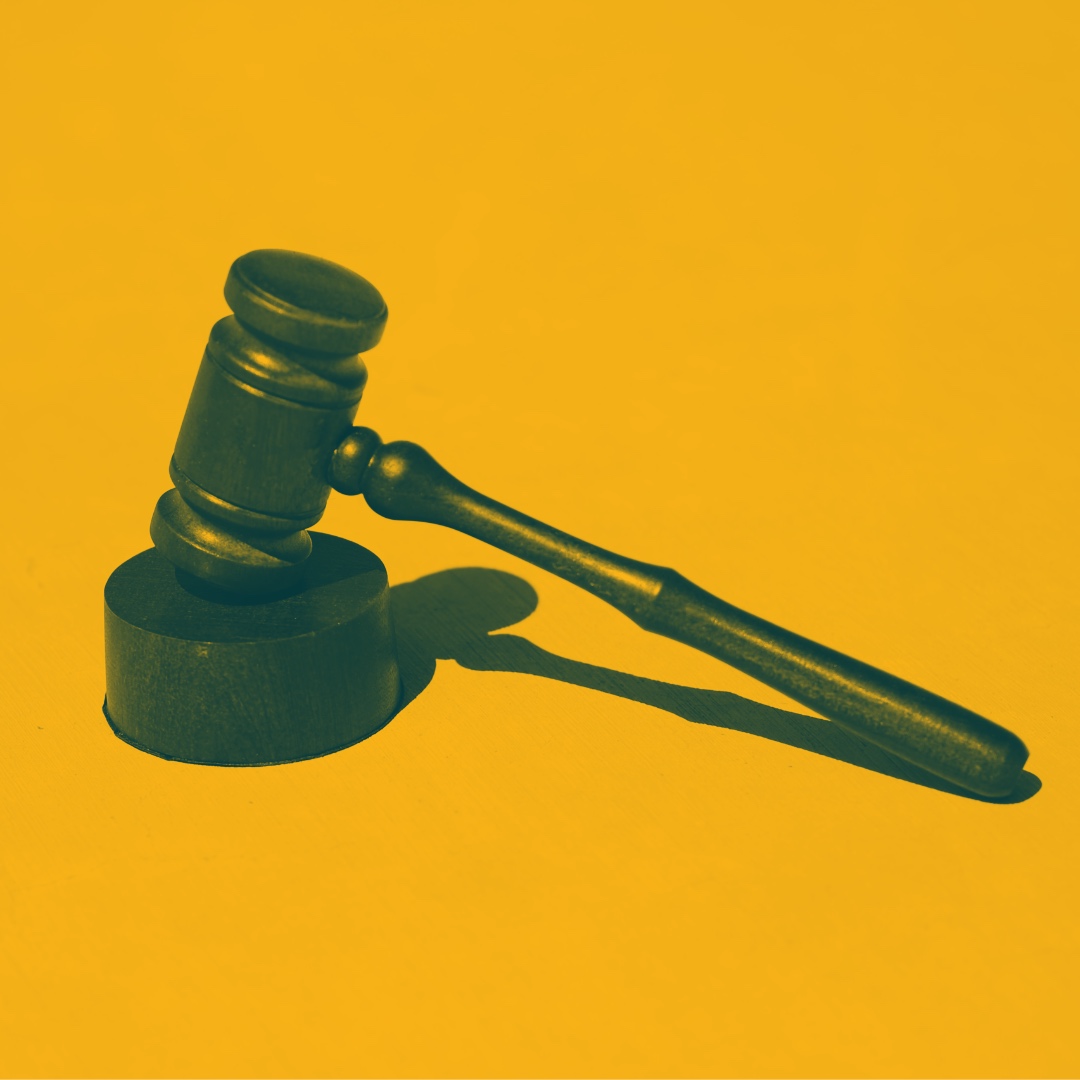Among the slew of public safety bills New Mexico legislators are debating this session are HB 5 and SB 189, which would impose new pretrial release conditions and roll back voter-approved bail reforms in the state.
Currently, judges can detain someone pretrial if prosecutors have evidence showing the person accused of a crime would be a danger to society. The bills being considered would flip the burden of proof, making defendants accused of certain crimes prove they are not a danger to others before they’re released.
Advocates have argued that would mean innocent people sit in jail despite the constitutional requirement that people be treated as innocent until proven guilty.
Here’s what you need to know about the pretrial detention bills under consideration:
1. The current pretrial system was created by voters in a constitutional amendment.
New Mexican voters overwhelmingly supported the constitutional amendment eliminating the state’s money-based bail system in 2016, passing the change with 87% of the vote. The previous system unfairly detained people simply because they couldn’t afford bail.
Because the current pretrial system is written into the state constitution, any bills that contradict the constitution risk legal challenges.
2. The current system is largely working.
The vast majority of people accused of a felony and released pretrial are not arrested for any new crimes, according to a December study from the University of New Mexico’s Institute for Social Research. The study looked at more than 15,000 cases of people charged with felonies in Bernalillo County over four years. About 95% of the defendants studied were not arrested for a new violent crime, and less than .07% were charged with a violent first-degree felony.
3. Detaining potentially innocent people pretrial is expensive.
A 2017 report from the nonprofit Prison Policy Initiative found that every day, 451,000 people in the U.S. are jailed before their trial. That costs local governments $13.6 billion annually. By 2020, the number of people jailed pretrial nationally had grown to 470,000. Almost three-quarters of the people in local jails have not been convicted of a crime, according to the Prison Policy Initiative.
4. Pretrial detention can have a devastating impact on the lives of innocent people.
Being in jail can make it impossible to keep a job, putting people detained pretrial at risk of income loss, evictions, loss of child custody and more. Sometimes people plead guilty to crimes they didn’t commit simply to get out of jail and get on with their lives, which can have terrible long-term consequences.
A study in the American Economic Review found that people released pretrial were 24% more likely to be found not guilty. The study attributed that to people being less likely to simply plead guilty, particularly people without any prior convictions. At the same time, people released pretrial were almost 25% more likely to have a job three to four years after they were detained.
Second Chance Bill: What it does, why it’s important, and how you can help

